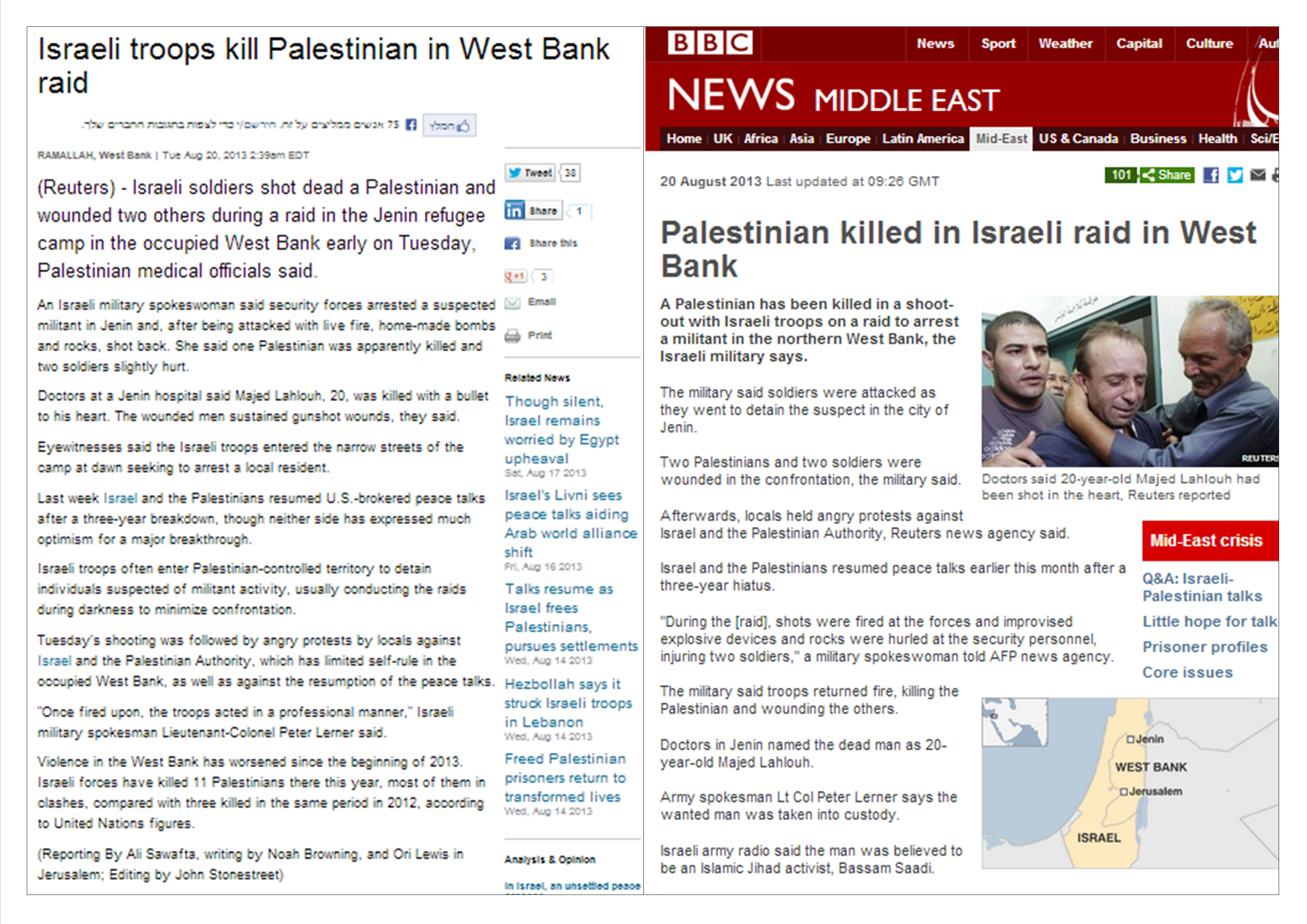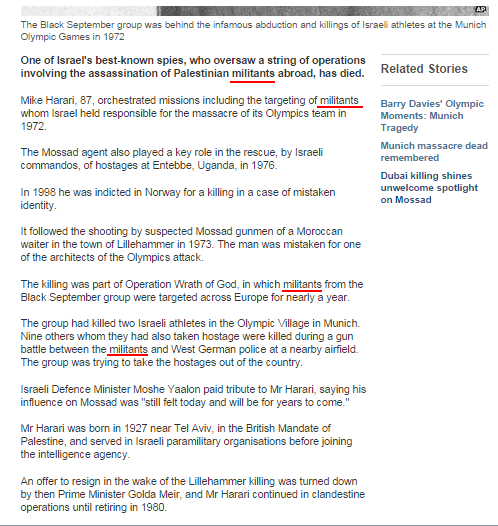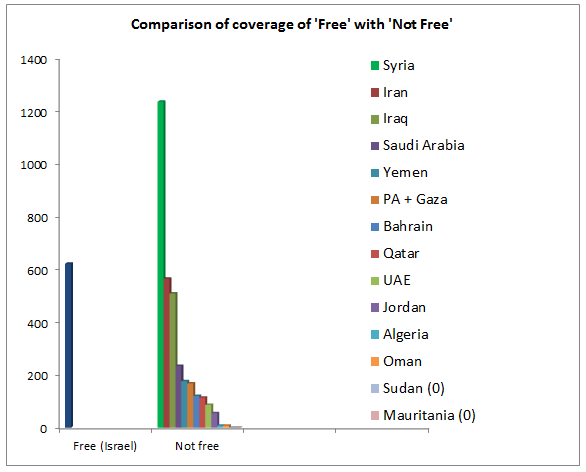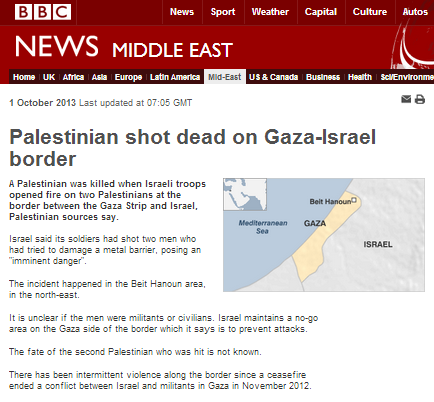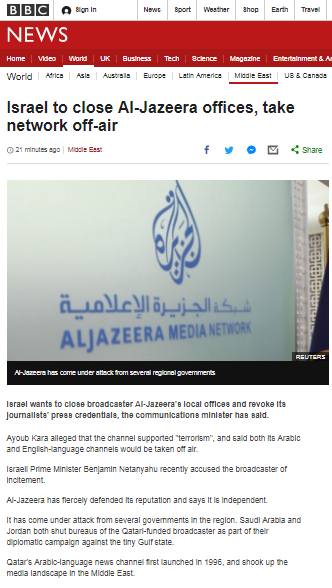On August 20th 2013, at 09:26 GMT, the BBC News website published an article titled “Palestinian killed in Israeli raid in West Bank” on its Middle East page.
The backbone of the BBC report appears to have been gleaned from the Reuters and AFP news agencies.
That fact prompts the question of how the BBC is able to check the accuracy of information provided by an agency’s local reporter or stringer before publishing an article online only hours after the incident took place.
For example, the Reuters report – and the BBC article – states that the man killed was 20 years old. Reports from other sources place his age anywhere between 16 and 22. The Reuters report claims that “doctors at a Jenin hospital said Majed Lahlouh, 20, was killed with a bullet to his heart” and that claim is repeated by the BBC in the caption to the photograph illustrating its report. However, the Times of Israel reports that:
“Military sources were quoted as saying that the Palestinian casualty could have possibly resulted from shrapnel or from wounds inflicted to the lower part of his body.”
The BBC report ends:
“Army spokesman Lt Col Peter Lerner says the wanted man was taken into custody.
Israeli army radio said the man was believed to be an Islamic Jihad activist, Bassam Saadi.”
The BBC’s choice of the term “activist” gives audiences no insight into the type of pursuits engaged in by Bassam Saadi (also a-Saadi or al Saadi) – which, contrary to the impression readers might receive, are not limited to folding flyers or licking envelopes.
Bassam Saadi is a senior figure in the Jenin branch of the Palestinian Islamic Jihad who has been imprisoned due to his involvement in terrorist activity in the past. Palestinian Authority documents seized during ‘Operation Defensive Shield’ in 2002 named Saadi as part of the PIJ’s terror financing network.
“A document uncovered by the IDF also explains the mechanism for financial disbursement within PIJ. According to the document, Ramadan Shallah, the PIJ secretary-general in Damascus, transferred funds to Bassam al-Saadi, a senior PIJ activist in Jenin in charge of finances, who then distributed the funds to active terrorists and to the families of terrorists killed or arrested.”
A letter sent by the then Israeli permanent representative to the UN, Dan Gillerman, in October 2003 – just a few days after the suicide bombing at the Maxim restaurant in Haifa in which 21 people were killed and over sixty injured – states:
“Evidence of this wholesale state-support for terrorism is a matter of public knowledge. For example, it is a well-known fact that the Secretary-General of the Islamic Jihad, Ramadan Abdallah Shallah, is one of several terrorist leaders who operate freely in Damascus and receive immunity and support from the Assad regime. On a number of occasions, Mr. Shallah is known to have transferred funds amounting to hundreds of thousands of dollars from Damascus to the individual accounts of Islamic Jihad operatives, such as Bassam al-Saadi, who is responsible for financing the Islamic Jihad branch in Jenin, which carried out Friday’s attack in Haifa.”
The BBC’s habitual use of euphemisms such as “activist” of course raises questions with regard to its level of commitment to its stated purpose of keeping audiences fully informed, as this latest example shows.

